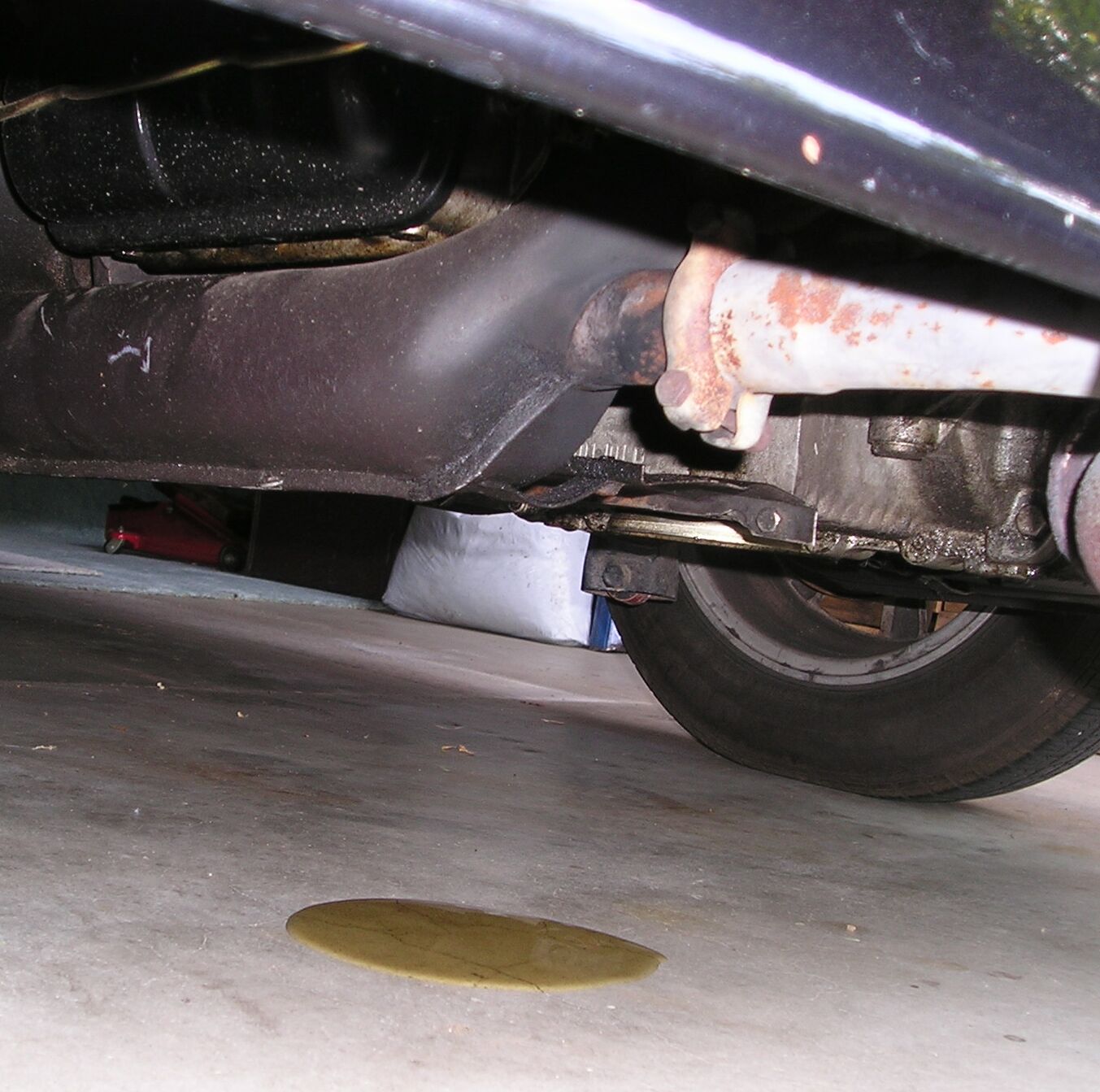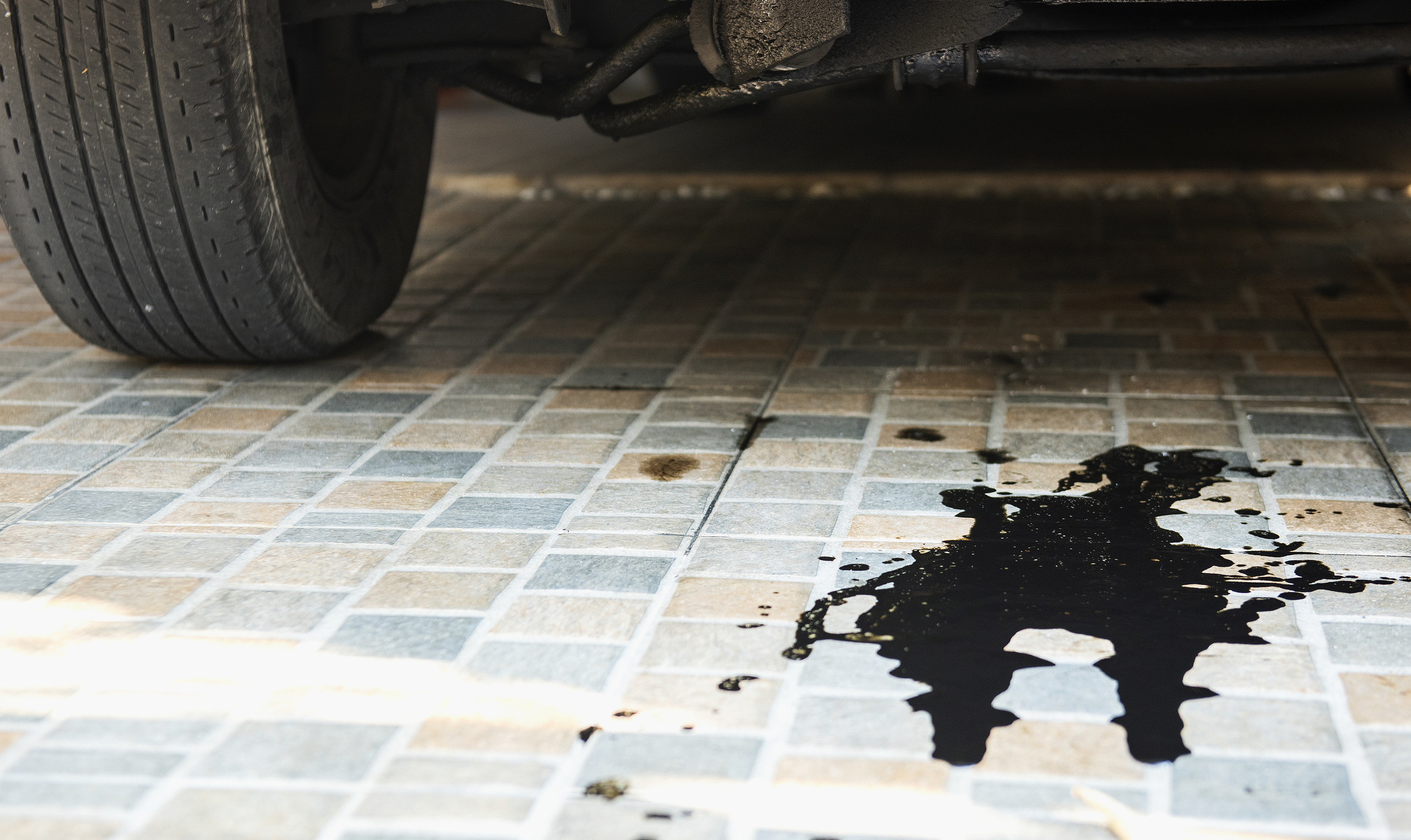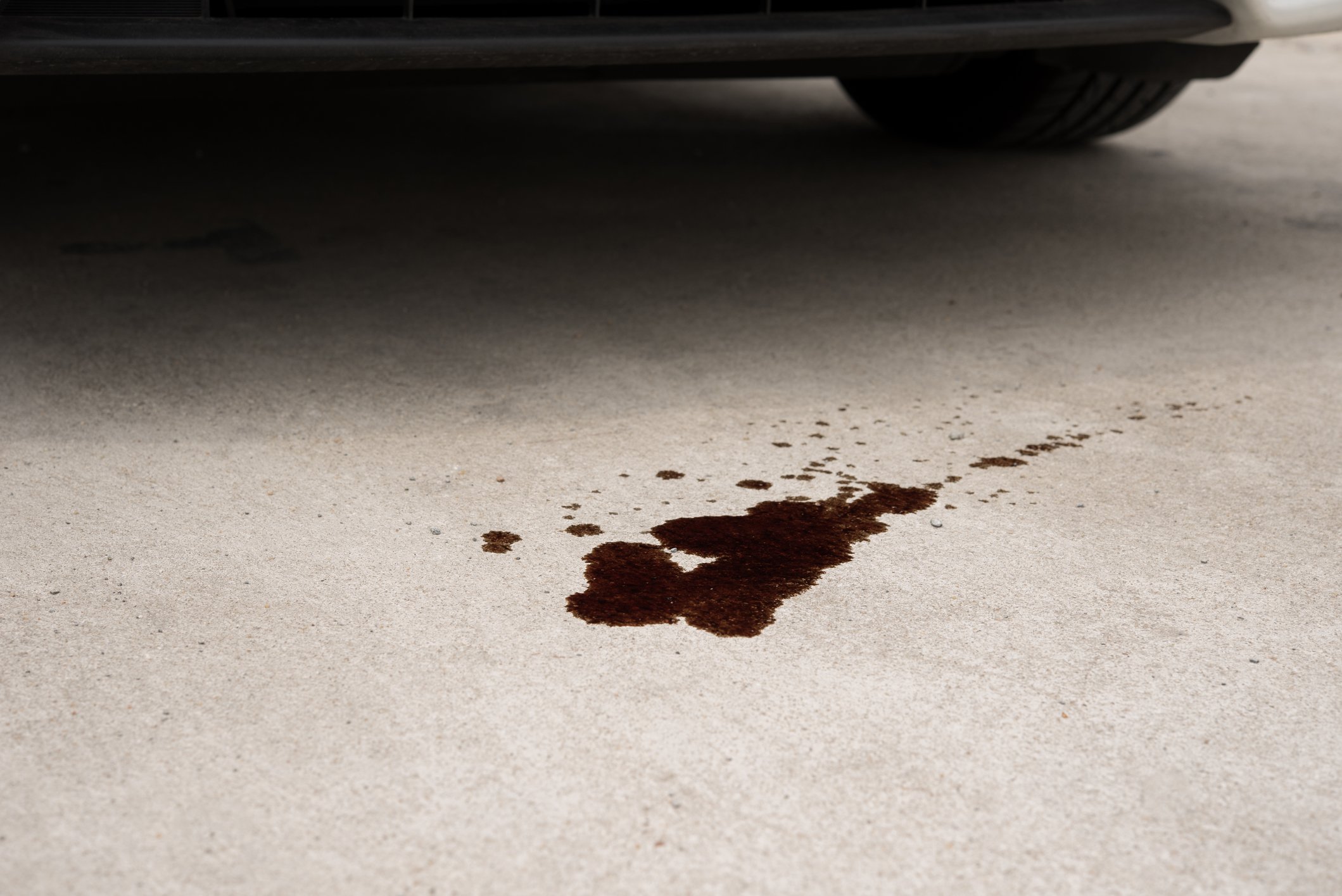Discovering an oil leak on your car can be a stressful and costly problem. But fear not! It’s not uncommon, and understanding the potential causes will help you diagnose the issue and get your vehicle back on the road. Dive in to uncover the mysteries behind oil leaks and keep your car running smoothly.
You’ve noticed a suspicious puddle beneath your car, and it’s got you worried. Oil leaks are a common car issue, and ignoring them can lead to serious problems. But fear not! Understanding the causes will help you tackle the problem head-on.
So, what could be causing that pesky oil leak? Buckle up and prepare to uncover the culprits!
Oil leaks can stem from various sources, each with its unique set of symptoms. Pinpointing the exact cause is crucial for effective repairs and avoiding further damage. So, let’s dive into the possible causes and their telltale signs.

The Gasket Dilemma: A Common Culprit
Gaskets are the unsung heroes of your car’s engine, forming watertight seals between components. Over time, these gaskets can deteriorate, causing oil to seep through the cracks. This sneaky leak can be a real headache, but replacing worn-out gaskets can restore your engine’s integrity and stop the oil from escaping.
Leaking Seals: The Silent Saboteurs
Seals play a vital role in keeping oil contained within the engine and other components. However, these seals can fail due to wear and tear or extreme temperatures. A faulty seal can allow oil to escape, leading to a persistent leak. Replacing or repairing damaged seals is essential to prevent oil loss and ensure proper engine operation.

Cracked or Loose Parts: The Unseen Culprits
Oil leaks can also occur due to cracked or loose parts in the engine or oil system. These cracks or loose fittings provide a pathway for oil to escape. Identifying and repairing or replacing these damaged components is crucial to stop the leak and maintain the engine’s health.
The Hidden Culprit: Worn Piston Rings
Piston rings are responsible for sealing the combustion chamber and preventing oil from entering. Worn or damaged piston rings can lead to excessive oil consumption and leaks. While less common, addressing this issue requires a more extensive repair, so early detection is key.

Valve Cover Gasket Blues: A Common Suspect
The valve cover gasket, as its name suggests, seals the valve cover to the engine block. A faulty valve cover gasket can cause oil to leak, often appearing as a drip or seepage around the top of the engine. Replacing this gasket can effectively resolve the leak and prevent further oil loss.
Oil Pan Perils: A Potential Headache
The oil pan, located at the bottom of the engine, serves as a reservoir for oil. A damaged or corroded oil pan can lead to a nasty oil leak. Repairing or replacing the oil pan is essential to prevent further leaks and ensure the engine’s smooth operation.

Oil Filter Mishaps: A Preventable Cause
An improperly installed or loose oil filter can provide a convenient escape route for oil. Ensure the oil filter is correctly tightened to prevent leaks. Regularly replacing the oil filter during oil changes is also crucial for maintaining a healthy engine.
Crankshaft Seal Conundrum: A Tricky Fix
The crankshaft seal prevents oil from leaking where the crankshaft exits the engine. A damaged or worn crankshaft seal can cause a persistent oil leak. Replacing this seal requires specialized knowledge and tools, making it a task best left to experienced mechanics.

Turbocharger Troubles: A Costly Culprit
Turbochargers, while enhancing engine performance, can sometimes develop oil leaks. A faulty turbocharger seal or gasket can lead to oil escaping. Repairing or replacing the turbocharger can be an expensive endeavor, but it’s necessary to address the leak and maintain engine efficiency.
Power Steering Leaks: A Tricky Dilemma
Power steering systems rely on hydraulic fluid to operate. A leak in the power steering system can often be mistaken for an oil leak due to the similar appearance of the fluids. Inspecting the power steering components and lines can help differentiate between oil and power steering fluid leaks.

Transmission Fluid Troubles: A Costly Conundrum
Transmission fluid leaks can mimic oil leaks, especially if the leak occurs near the transmission. Checking the transmission fluid level and inspecting the transmission components can help identify the source of the leak. Addressing transmission problems promptly is crucial to prevent further damage.
What Can Cause An Oil Leak On A Car: Quick Questions and Expert Answers
Q: How can I tell if my car has an oil leak?
A: Look for puddles of oil beneath your car, especially after parking. Check the oil level regularly, as low oil levels can indicate a leak.
Q: What are the potential consequences of ignoring an oil leak?
A: Ignoring an oil leak can lead to severe engine damage, increased repair costs, and even engine failure.
Q: Is it safe to drive with an oil leak?
A: Driving with a minor oil leak is generally safe for short distances. However, prolonged driving can lead to serious engine damage.
Q: How much does it cost to fix an oil leak?
A: The cost of repairing an oil leak varies depending on the cause and severity. Minor leaks can be fixed for a few hundred dollars, while major leaks may require extensive repairs costing thousands of dollars.

Conclusion of What Can Cause An Oil Leak On A Car
Understanding the causes of oil leaks is crucial for maintaining the health of your car. Whether it’s a faulty gasket, a damaged seal, or a more serious issue, prompt diagnosis and repair are essential to prevent further problems. Remember, a well-maintained car with no oil leaks is a happy car, ready to take you on countless adventures.
